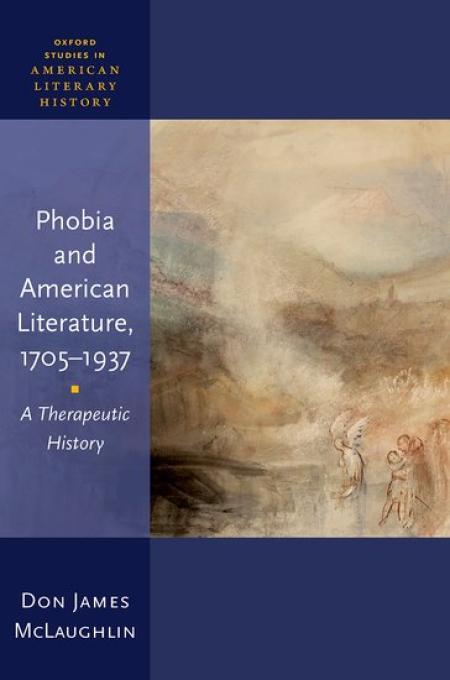
This virtual talk by Don James McLaughlin offers a new history of phobia’s rise as a framework for understanding the human mind and political life from the colonial era through the nineteenth century. He shows how phobia first acquired familiarity through “hydrophobia,” the historic name for rabies. Transliterated from the Greek, hydrophobia referenced a fear of water understood to be the disease’s telltale symptom, emanating from painful throat convulsions induced when trying to drink. Not until the late 1700s did physicians, politicians, and literary figures alike begin to attach the -phobia suffix broadly to an array of objects, situations, and ideas.
How did phobia’s meaning grow flexible enough to encompass medical, political, and satirical forms all at the same time? In piecing together this story, we find that a tradition of exploring the nature of fear in American literature prompted attention to the influence of the written word on the psychophysiological wellbeing of democratic subjects.

Don James McLaughlin is an associate professor of early and nineteenth-century American literature at the University of Tulsa. His research explores the queer past, health humanities, disability theory, and the history of emotions. In 2023, he published a new edition of Sarah Orne Jewett's 1885 novel, A Marsh Island, as part of Christopher Looby's Q19: Queer American Nineteenth Century Series at the University of Pennsylvania Press. In February 2024, the work was number one on the fiction best seller list in Oklahoma.
McLaughlin has published essays on queer, disabled aesthetics in the collection American Literature in Transition, 1770-1826, and The Walt Whitman Handbook. His book, Phobia and American Literature, 1705-1937: A Therapeutic History is forthcoming from Oxford University Press in October 2025. He was elected to AAS membership in October 2024.